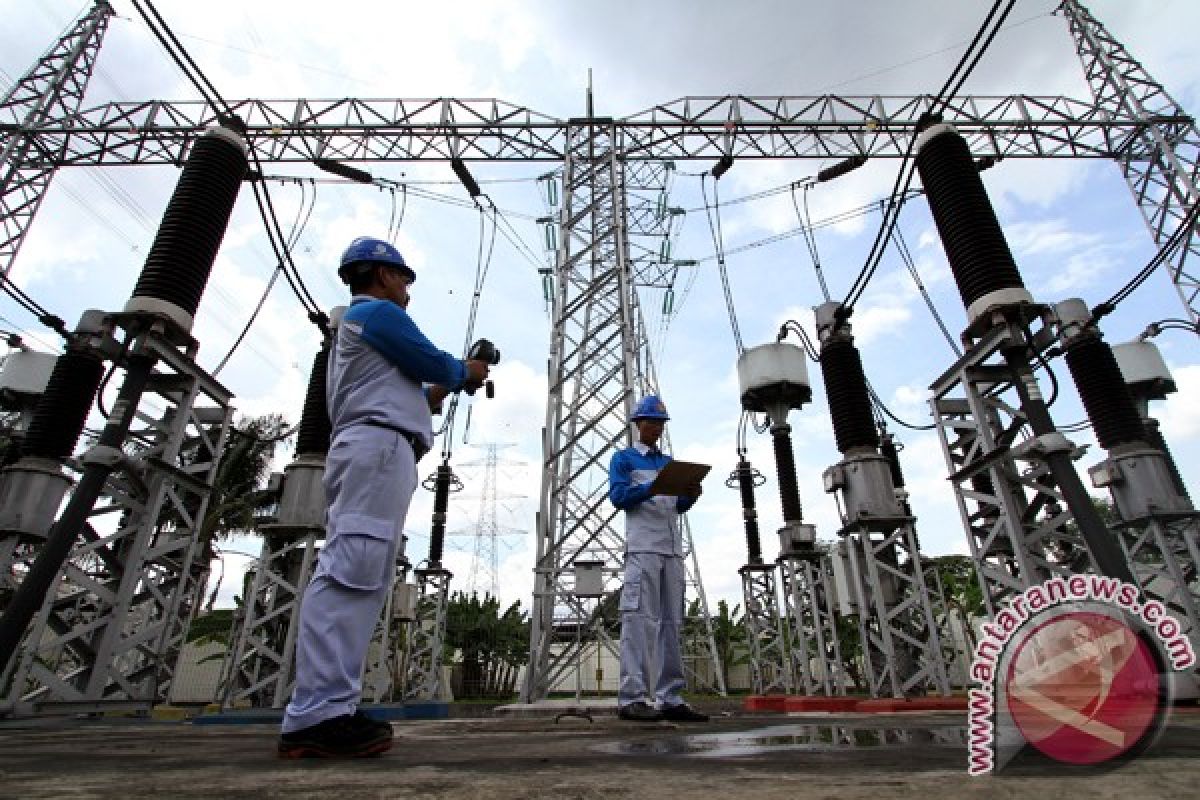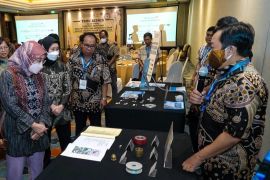The government has decided to raise by phases the electricity tariff by 15 percent this year in a bid to cut energy subsidy.
"The production cost would increase forcing manufacturing companies to raise the selling prices of their products," Ahmad Erani Yustika, an economist from the State University of Brawijaya in Surabaya said.
The people would likely choose to buy imported goods if the prices are more competitive, Yustika said via telephone from the East Java capital on Thursday.
He said the Indonesian market is wide open for foreign goods, some of which are highly competitive in price.
The condition would favor importers but badly hurt the domestic industry, he added.
Enny Sri Hartati, an economist from a country`s economic think tank, Institute for Development of Economic and Finance (INDEF), said the government needs to have an effective strategy to offset the effect of the increase in electricity tariff on the public consumption, which has been the main driver of the country`s economic growth.
Indonesia has enjoyed a fairly high economic growth amid the global economic slowdown in the past several years, thanks mainly by high public consumption, Enny said.
The government, therefore, needs to come up with an effective strategy such as by using more alternative energy sources to cut swelling subsidy as a result of price hikes, she said.
She said gas fuel is more efficient than other alternative sources of energy such as coal.
The government has relied more on coal as an alternative source of energy, building new coal fired power plants with a total capacity of 10,000 megawatts.
Big factories such as cement plants have modified their factories to replace oil fuel with coal fuel.
The association of small industries in Pontianak, West Kalimantan, said the increase in the regional minimum wage would not help improve the welfare of workers as it came almost at the same time with the rise in the electricity tariff.
"Small and medium scale enterprises would be the hardest hit by the rise in electricity tariff," association chairman Andreas Acui Simanjaya said.
Small and medium scale industries would suffer a decline in competitiveness, Andreas said.
He said the government has failed to see the root of the problem related to a surge in electricity subsidy.
Inefficiency by the energy providers is more to blame for the high energy cost in the country, he said.
"The government should give priority to internal reorganization within the state electricity company PLN," he said.
Electric energy director at the energy and mineral resources ministry Satya Zulfanitra said the rise in electricity tariff would be made by phases - in January, April, July and October.
The increase is expected to save Rp14 trillion in subsidy and contribute to household electrification ratio in the country.
Meanwhile, an economist from the University of Atma Jaya, A Prasetyantoko, said the increase in the electricity tariff would not cause significant effect on the country`s inflation.
"The effect is only on the manufacturing sector. The increase of 15 percent by phases is quite moderate," Prasetyantoko said.
Its contribution to the country`s inflation would not be more than 0.3 percentage point, he said.
The purchasing power of the people would not be weakened as only a number of goods would rise in price, he said.
He acknowledged that small and medium scale industries would suffer an increase in production cost .
He suggested, therefore, the government provide compensation for the increase in production cost for small and medium scale industries such as by reducing levies , simplifying licensing procedure and improvement of infrastructure.
"The government needs to provide better protection for small and medium scale industries," he said.
PLN already raised the tariff by phases yesterday in line with the regulation of the energy and mineral resources minister.
Households with consumption of 450 to 900 VA are exempted from the regulation.
(H-ASG/O001)
Editor: Jafar M Sidik
Copyright © ANTARA 2013












